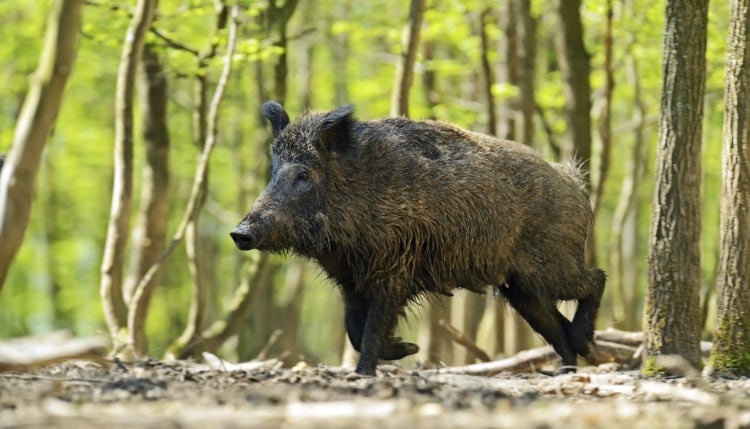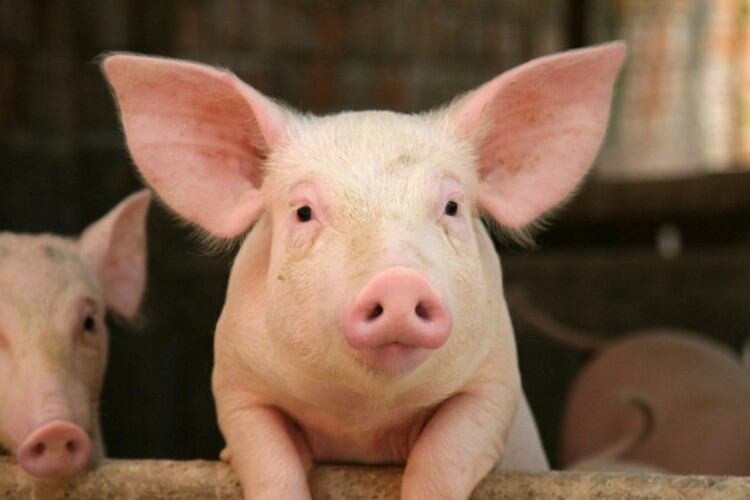Due to be completed by autumn 2019, the construction will be 1.5 metres in height and will extend 50cm underground to prevent wild boar from digging under the fence.
During the first two months, six stretches of the fence, each measuring one kilometre in length, will be erected in Aabenraa and Tønder municipalities.
Denmark’s Liberal Party took full responsibility for the decision, which they claimed would protect Denmark from the disease, which it said was “moving closer” to its borders.

Credit: The Danish Nature Agency
The fence is a series of initiatives that the Danes have launched to eradicate wild boar from entering the country.
In March 2018, the Government and the Danish People's Party introduced new hunting times, allowing wild boar hunts around the clock, as well as intensified efforts to hunt wild boar on state-owned and private land. Meanwhile, fines have been raised if an animal transport has not been properly cleaned or disinfected. Signs have also been erected at rest stops along Danish highways, informing people of the risk of spreading ASF through food waste in nature.
The Scandinavian country’s pork industry exports amounted to around DKK30 billion, with DKK11 billion to countries outside the EU during 2016. Denmark’s Government said if an outbreak were to occur, then exports to non-EU countries would have to be shut down.
“We have 11 billion good reasons to do everything we can to prevent African swine fever reaching Denmark. And now we can finally get started on erecting our wild boar fence,” said Denmark’s minister for environment and food Jakob Elleman-Jensen.
“The fence and our increased efforts to hunt wild boar will break the chain of infection so there is less risk of African swine fever spreading to Denmark.”
Russian veterinary body Rosselkhoznadzor recently forecast that ASF would hit German borders during 2019.


